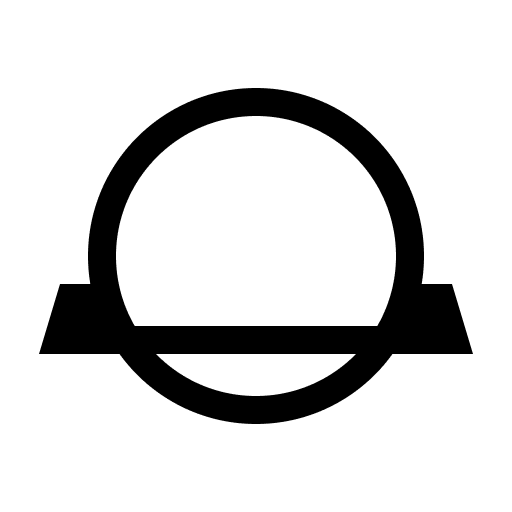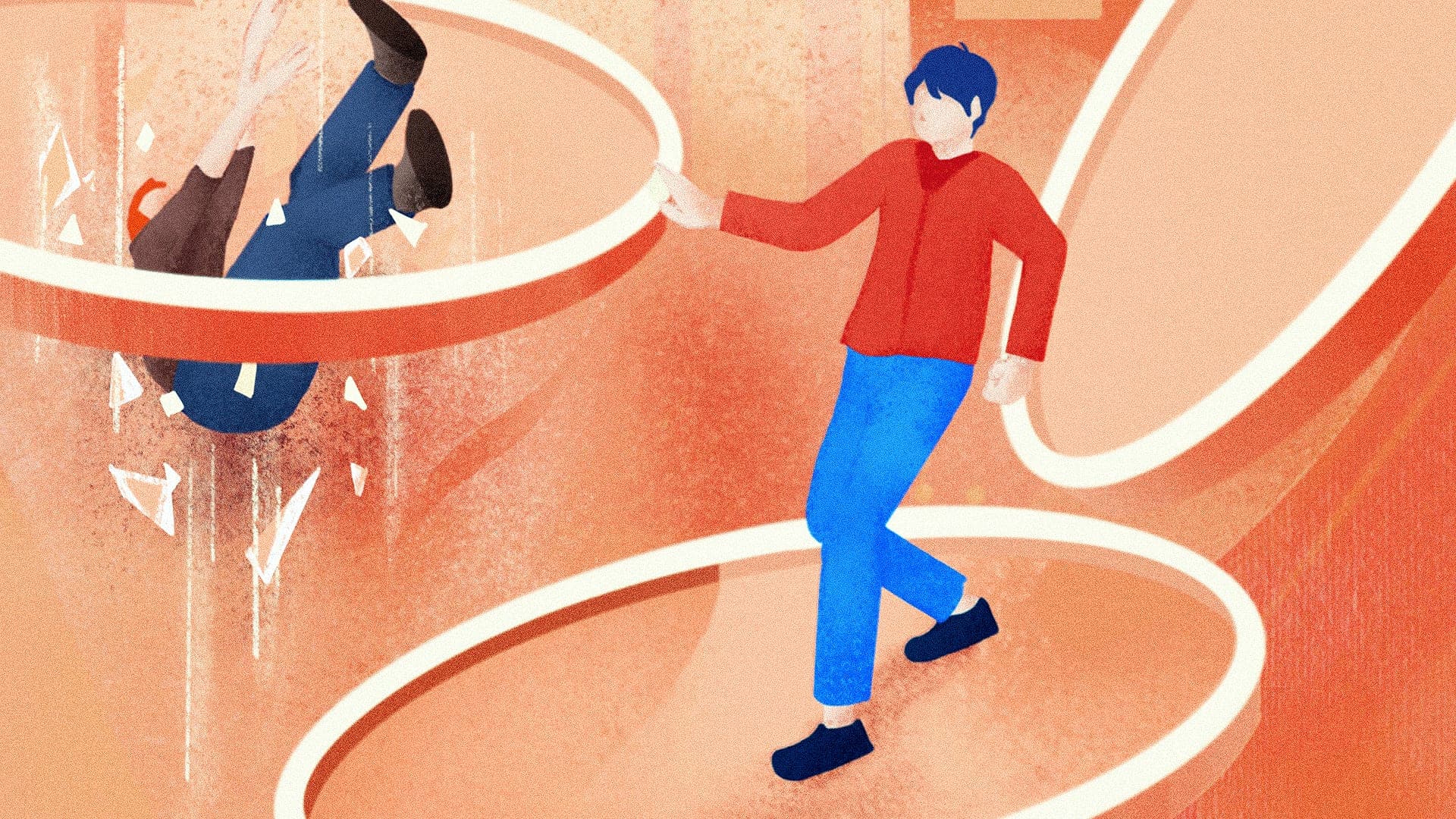Claim your free €20 Bitcoin bonus now! Just verify your ID. Weekly payouts every Friday! Don't invest unless you're prepared to lose all the money you invest.
Greed, love & rug pulls: the 3 biggest crypto scams
November 9, 2021

Your guide to the three most common crypto scams
It’s and CoinJar is an official partner. Today we’re looking at the most common crypto scams – investment schemes, romance scams and rug pulls.
Investment schemes
You’ve probably all seen the ads or emails about high-profile celebrities – Hugh Jackman! Nicole Kidman! – promoting Bitcoin investment platforms that promise guaranteed 1000% profits.
Click through and you’ll be taken to a legitimate seeming website and asked to register your interest. From there, you may receive a phone call encouraging you to send a small amount of money or crypto to start your account. When that appears to go up in value (and you can usually track it in ‘real-time’ on a sophisticated but completely fake account dashboard), you’ll be asked to send more. The number will keep on going up and up, until you try and withdraw your newfound gains and discover that they were only ever numbers on a screen.
Investment schemes have long been the biggest single part of the scam landscape and cryptocurrencies are driving it to new heights – almost $100 million has been lost to investment-based scams so far this year.
Romance scams
Second only to investment schemes, romance scams are a massive and growing part of the scam landscape, accounting for close to $50 million in losses so far in 2021.
Romance scams generally begin through social media or dating apps. Once an initial connection is made, the scammer will lavish you with attention and compliments. Victims often report chatting to their scammers online for hours each day, developing a relationship that feels profound and real. Some planned to marry – as soon as they were able to meet face-to-face.
Once the relationship has been established over weeks or months, the scammer will claim to be in financial trouble. “I need money to get back to Australia to be with you”. “My mother is sick and we can’t pay her hospital bills”. “I’ll pay you back as soon as I get this job.” Usually a small amount first, but over time the requests can build to tens of thousands of dollars. And then, at the first trace of suspicion, they disappear.
Rug pulls
The rise of decentralised exchanges like Uniswap and Sushiswap has made the process of creating and listing a crypto token easier than ever – as well as introducing a new phrase to the crypto lexicon: the rug pull.
Rug pulls occur when the developers behind a crypto project disappear, taking with them the millions of dollars worth of crypto that investors have given them to buy unreleased tokens or as contributions to token liquidity pools.
These projects will often have white papers, development timelines and slick-looking websites to make them seem legit. And in the short term the tokens can do incredibly well, going up by thousands of percent in a matter of days or weeks.
However, if you scrape the surface there are usually warning signs. They’ll typically be meme-based tokens, capitalising on market FOMO or pop culture frenzies (i.e. the fiasco). They’ll often have anonymous development teams, staffed by people with no LinkedIn profiles or professional history. There can be onerous lock-up requirements that stop people from selling their tokens until it's far too late.
According to at least one estimate, will be lost to rug pulls in 2021. So, if you’re looking to invest your crypto, do your due diligence – and don’t invest in a token named after a TV show.
If in doubt...
Crypto scammers are continuously changing and refining their techniques, so the best thing you can do is approach everything involving your crypto with a healthy degree of skepticism.
If you’re unsure about something, contact . We’re constantly monitoring suspicious wallets and websites and can help you work out whether something is a scam or not.
Stay safe,
The CoinJar Team
Don’t invest unless you’re prepared to lose all the money you invest. This is a high‑risk investment and you should not expect to be protected if something goes wrong. Take 2 minutes to learn more: .
Cryptoassets traded on CoinJar UK Limited are largely unregulated in the UK, and you are unable to access the Financial Service Compensation Scheme or the Financial Ombudsman Service. We use third party banking, safekeeping and payment providers, and the failure of any of these providers could also lead to a loss of your assets. We recommend you obtain financial advice before making a decision to use your credit card to purchase cryptoassets or to invest in cryptoassets. Capital Gains Tax may be payable on profits.
CoinJar’s digital currency exchange services are operated in Australia by CoinJar Australia Pty Ltd ACN 648 570 807, a registered digital currency exchange provider with AUSTRAC; and in the United Kingdom by CoinJar UK Limited (company number 8905988), registered by the Financial Conduct Authority as a Cryptoasset Exchange Provider and Custodian Wallet Provider in the United Kingdom under the Money Laundering, Terrorist Financing and Transfer of Funds (Information on the Payer) Regulations 2017, as amended (Firm Reference No. 928767).
EU residents: CoinJar Europe Limited (CRO 720832) is registered as a VASP and supervised by the Central Bank of Ireland (Registration number C496731) for Anti-Money Laundering and Countering the Financing of Terrorism purposes only.
On/Offchain
Your weekly dose of crypto news & opinion.
Join more than 150,000 subscribers to CoinJar's crypto newsletter.
Your information is handled in accordance with CoinJar’s .
More from CoinJar Blog
CoinJar Europe Limited (CRO 720832) is registered and supervised by the Central Bank of Ireland (Registration number C496731) for Anti-Money Laundering and Countering the Financing of Terrorism purposes only.
Apple Pay and Apple Watch are trademarks of Apple Inc. Google Pay is a trademark of Google LLC.
This site is protected by reCAPTCHA and the and apply.